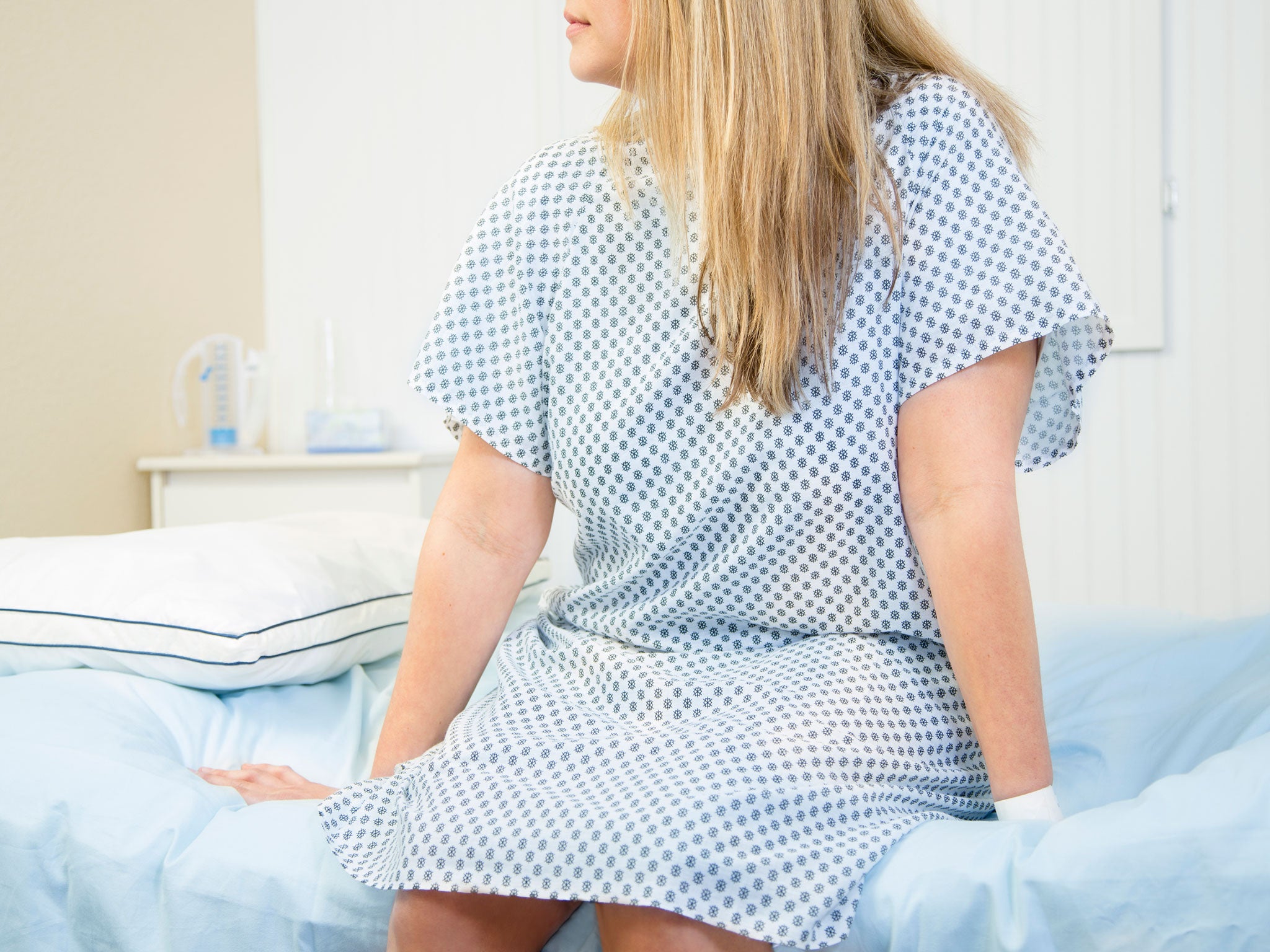MHT-breast cancer link: Women told to discuss menopause hormone therapy with GP after study reveals higher risk
Hormone replacement therapy could have been responsible for around one million breast cancers in western countries, says University of Oxford research

Your support helps us to tell the story
From reproductive rights to climate change to Big Tech, The Independent is on the ground when the story is developing. Whether it's investigating the financials of Elon Musk's pro-Trump PAC or producing our latest documentary, 'The A Word', which shines a light on the American women fighting for reproductive rights, we know how important it is to parse out the facts from the messaging.
At such a critical moment in US history, we need reporters on the ground. Your donation allows us to keep sending journalists to speak to both sides of the story.
The Independent is trusted by Americans across the entire political spectrum. And unlike many other quality news outlets, we choose not to lock Americans out of our reporting and analysis with paywalls. We believe quality journalism should be available to everyone, paid for by those who can afford it.
Your support makes all the difference.Women who have undergone menopausal hormone therapy (MHT) have been urged to be vigilant for signs of breast cancer after the treatment was linked to an increased risk of cancer even after stopping use.
The Medicines and Healthcare Products Agency (MHRA) urged women who have used hormone replacement therapy (HRT) to visit their GP or specialist if they notice any changes in their breasts.
The advice came in response to research from the University of Oxford published in The Lancet which found two extra cases of breast cancer were identified in people between the ages 50-69 for every 100 women using oestrogen plus daily progestogen MHT.
Even after stopping use, some excess risk was found to persist for more than 10 years.
If the associations are causal, the researchers said, MHT use has been responsible for around 1 million breast cancers in western countries.
“There is no need for urgent action but women who use, or are planning to use, HRT should be aware of these new findings when considering their HRT use at their next routine appointment,” the MHRA said.
“Women who have previously used HRT should be vigilant for signs of breast cancer and see a doctor if they notice any changes in their breasts. It is also important for all women to go to breast screening when invited.”
The statement added: “The MHRA advises that HRT should only be initiated for relief of menopausal symptoms that adversely affect quality of life.”
The study found all types of MHT, except topical vaginal oestrogens, were linked to an increased risk of breast cancer.
The risks were greater for users of oestrogen-progestogen hormone therapy than for oestrogen-only hormone therapy.
Women tend to begin MHT at around the time of the menopause, when ovarian function ceases, causing symptoms including hot flushes and discomfort.
Around one million women in the UK are undergoing MHT.
Sarah Branch, deputy director of MHRA’s vigilance and risk management of medicines division, said: “Women should be aware of this new information, so that it can be considered with the other risks and benefits of using HRT.
“The menopause can have unpleasant side effects and HRT products can be effective in helping to ease the symptoms.
“No medicine is completely without risk, but it is important for women to be able to make an informed decision about the risks and benefits that are appropriate for them.
“If you have any questions please talk to your healthcare professional.
“The MHRA is communicating this new evidence to patients and healthcare professionals.”
Join our commenting forum
Join thought-provoking conversations, follow other Independent readers and see their replies
Comments